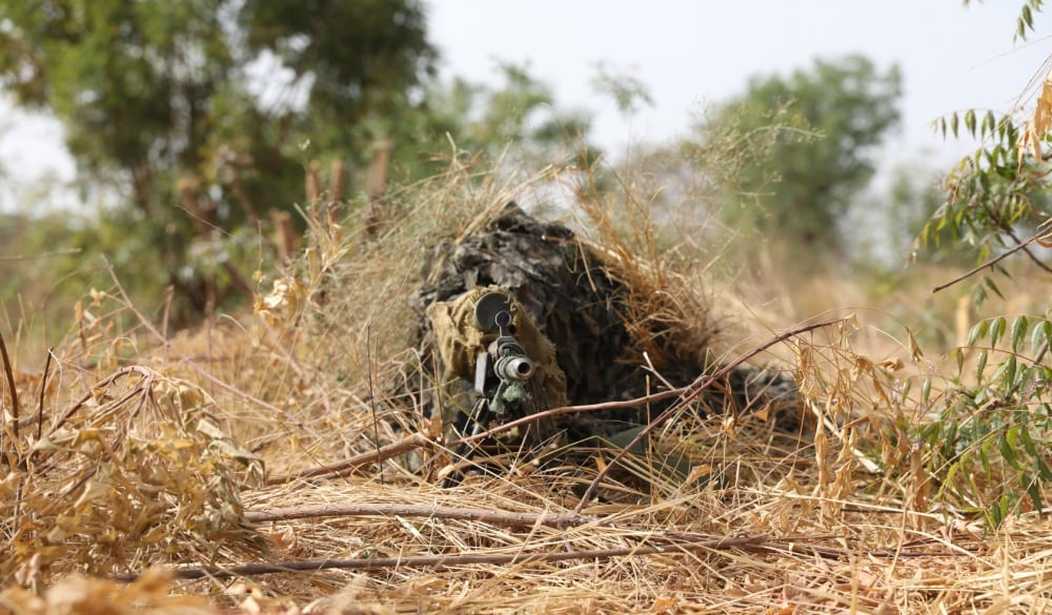Despite reports that terror groups are growing on the continent, the Defense Department is scaling back an already understaffed U.S. Africa Command by 10 percent.
Marine Corps Gen. Thomas D. Waldhauser of the United States Africa Command (AFRICOM) told the Senate Armed Services Committee earlier this month that “taken comprehensively the overall U.S. strategic interests in Africa are very clear: prevent the undermining of our alliances toward destabilization of African nations, counter violent extremist organizations, decrease the potential for Africa to become a failed continent, protect U.S. citizens in the homeland and advance American influence including economic opportunities and transactions.”
“Persistent pressure” on terror groups — al-Shabaab, ISIS, al-Qaeda and related groups — “remains necessary to prevent this destabilization of African nations,” he said.
Waldhauser noted that the U.S. is limited on where it can strike terrorists in Africa.
“We can strike in Somalia, we can strike in Libya, but not in Nigeria, Chad and the like. So we don’t have authorities there,” he said. “Now, ISIS West Africa has grown. They go by different names every once in a while, but they have grown in numbers. They’re now in the neighborhood, probably in the neighborhood, of around 3,000 to 4,000. That’s the best estimate that we have.”
“They have been very aggressive over the summer into this year,” the general added. “They now have taken large pieces of real estate in northern Nigeria and, I think, of the two right now, they’re the one that we have the most concern about because we are not sure what their intentions would be with regards to outside the region. Boko Haram probably around a thousand, bottom line … can’t say for sure whether they’ve been designated or not. I know that we don’t strike them.”
Days later, an African Union security official and the head of the United Nations warned at the State of Security in Africa conference in Addis Ababa, Ethiopia, that terrorists are rapidly gaining ground in the Sahel region of Africa.
AU Commissioner for Peace and Security Smail Chergui declared that “the whole of West Africa is on alert” as “terrorism is expanding almost on a daily basis” — with some of the threat coming from outside of the region as authorities are unprepared for the influx.
At the Munich Security Conference, Waldhauser told reporters that part of the AFRICOM force — 6,000 U.S. troops and 1,000 DoD civilians or contractors — would be redistributed to other parts of the globe.
“We all realize, you know, Africa, with regards to the prioritization of our national interests … there’s no doubt about the fact that that it’s, you know, it’s not number one on the list,” the general said, noting that the Pentagon determined “we as the United States could perhaps accept some risk inside the continent with regards to our forces.”
As AFRICOM prepares to lose 600 forces — divided evenly between special and conventional forces — Waldhauser said they know “that we’re probably never going to get any more, and we might get less.”
He noted that it will be critical “to ensure our partners, through our actions, that, you know, we are not abandoning them.”









Join the conversation as a VIP Member